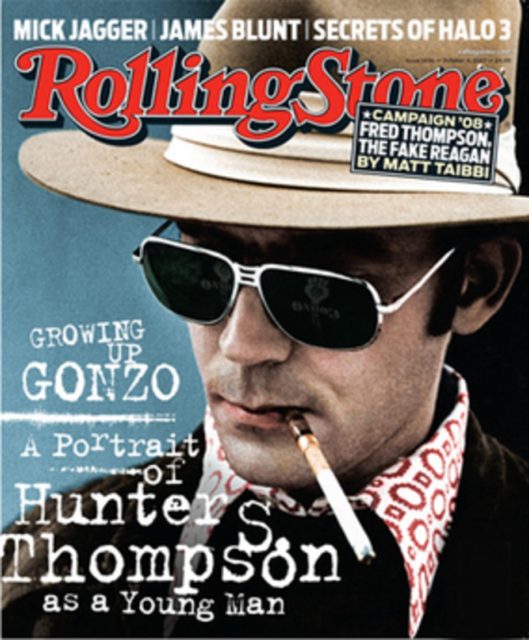And I don’t know of anyone who thinks that highly of our current federal government. In the Financial Post, Terence Corcoran outlines the government’s bribe offer to Canadian media organizations:
Historically, a free press has meant freedom from government intervention — from the king, the president, the prime minister, politicians, bureaucrats. The proposals outlined Wednesday by Finance Minister Bill Morneau to rescue journalists pretends to be consistent with that fundamental principle. The measures, he said, will be “arm’s-length and independent of the government.” They are not, and they represent a step backward for Canadian journalism.
Under the Morneau proposals, the arm of government is directly involved in deciding which journalists or news organizations will receive special treatment, tax breaks, charitable status. Over five years the amount of federal money moving directly into news and journalism will exceed $600 million, which obviously results in government dependence, not independence.
Morneau’s own words betray the falsity of his defence of the media-bailout plan. Decisions will be in the hands of an “independent panel of journalists (that) will be established to define and promote core journalism standards, define professional journalism, and determine eligibility.” What the heck does all that mean? Other journalists are going to set standards for what? Content? Ethics? Ideology? Adherence to the Canada Food Guide?
[…]
It is also unlikely that these measures to shape local journalism and bolster some media companies over others will be the end of government efforts to meddle in the industry. One can reasonably expect that there will be corresponding attempts to undermine the corporate entities and others that are said to be destabilizing Canadian journalism and the news and information business.
There is constant pressure on government from many sources to take action against the social media giants that are accused of stealing profits from legacy newspapers while spreading fake news. In a new commentary this week, former U.S. labour secretary Robert Reich called on Washington to break up Facebook and Google on the grounds that they dominate advertising. Anti-trust action is needed, said Reich, on the grounds that they “stifle innovation.” Canadian regulatory activists share the view that the U.S. tech and media companies need to be controlled and taxed — with the money redistributed to Canadian entities.





